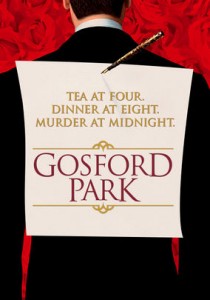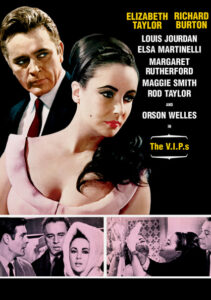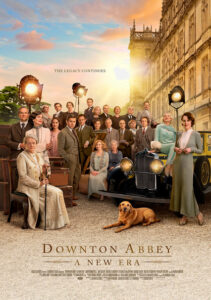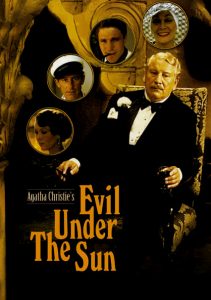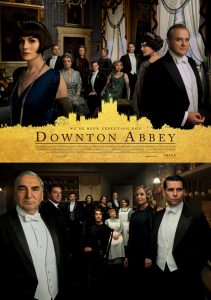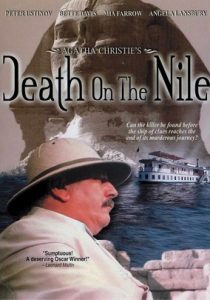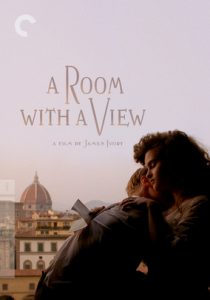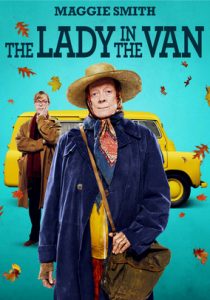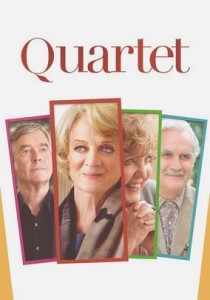Gosford Park-2001
Director Robert Altman
Starring Maggie Smith, Helen Mirren, Ryan Phillippe
Top 250 Films #105
Scott’s Review #350
Reviewed January 9, 2016
Grade: A
Somewhere between the brilliant PBS series of the 1970s and the ultra-modern cool of Downton Abbey (also PBS) lies the masterpiece that is Robert Altman’s 2001 gem, Gosford Park.
Ironic is that the creator, writer, and executive producer of Downtown Abbey, Julian Fellowes, wrote the screenplay of Gosford Park.
No wonder, combined with Altman’s direction, they created genius.
The period is 1932 and the wealthy, along with their servants, flock to the magnificent estate of Gosford Park, a grand English country home. The guests include both Americans and Brits and everyone is gathered for a shooting weekend- foreshadowing if ever there was.
Following a dinner party, a murder occurs and the remainder of the film follows the subsequent police investigation, and the perspectives of the guests and the servants as a whodunit ensues.
Many of the character’s lives unravel as secrets are exposed.
Sir William, the murder victim, is a powerful industrialist. After he announces he will withdraw an investment, the ramifications affect many of the guests so that the set-up is spelled out for the audience.
At the risk of seemingly nothing more than a plot device- it is so much more than that.
During a pheasant shoot, Sir William receives a minor wound thanks to a stray birdshot- is this intentional or merely an accident? When Sir William meets his fate that evening, the potential suspects pile up.
If there are two compelling aspects to a great film, they are a good old-fashioned whodunit and an enormous cast, all potential suspects.
What makes Gosford Park exceptional is that every character is interesting in some way and all are written well.
Secrets abound for miles in this film and are revealed deliciously. Torrid affairs, sexuality secrets, and blackmail abound as revelations make their way to the surface and Altman knows exactly how to cast doubt or suspicion on many of his characters.
The compelling relationship between American film producer Morris Weissman and his valet, Henry Denton (Ryan Phillipe), along with the domineering head housekeeper, Mrs. Wilson (Helen Mirren) are my favorite characters and dynamics.
How clever that Maggie Smith would play similar roles as stuffy aristocrats in both Gosford Park and Downton Abbey.
Rich in texture is the balancing between the haves and the have-nots and how those characters mix (sometimes in secret rendezvous!)
Typical of Altman films, the character dialogue commonly overlaps, and the actors largely improvise the script. In addition to being an actor’s dream, this quality gives a dash of realism to his films and Gosford Park is no exception.
Since there are so many characters and so many plots and sub-plots going on at once, my recommendation is to watch the film at least twice to fully comprehend the layers of the goings-on.
Gosford Park (2001) will become more and more appreciated.
Oscar Nominations: 1 win-Best Picture, Best Director-Robert Altman, Best Supporting Actress-Helen Mirren, Maggie Smith, Best Screenplay Written Directly for the Screen/Original Screenplay (won), Best Art Direction, Best Costume Design
